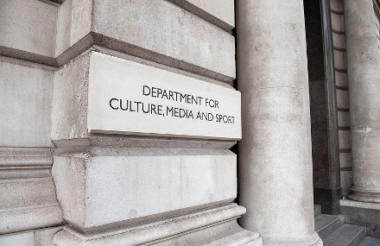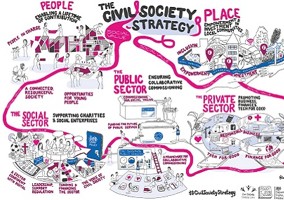The government and the Charity Commission are “likely” to explore options for charging charities, following the publication of the regulator’s new strategic vision, a senior government official said yesterday.
Ben Harrison, policy manager at the Office for Civil Society in the Department for Digital, Culture, Media and Sport, was discussing the government's new Civil Society Strategy at the Westminster Social Policy Forum event in London yesterday.
As the Charity Commission has now published its statement of strategic intent, Harrison said the next step was to look at securing a sustainable financial future for the regulator. He said this would likely include a consultation on charging.
“The Charity Commission has set out its statement of strategic intent,” he said. “Its purpose being to ensure that charity can thrive and inspire trust so that people can improve lives and strengthen society.
“We also need to work with the Charity Commission to explore options for a sustainable financial future for it. And that is likely to include exploring options around charging.”
The Charity Commission has been talking about the possibility of charities contributing towards its costs for a number of years, but plans to launch a full consultation were delayed when a general election was called last year.
Earlier this month the Commission set out its strategic vision for the next five years, which include an aspiration to provide more targeted help and support for charities.
Government to review Fundraising Regulator
Harrison also confirmed that part of the government's new strategy would involve conducting a review of the Fundraising Regulator. Although he said that, so far, it appears that independent self-regulation is working.
The Fundraising Regulator “has shown that independent non-statutory regulation by consent can protect public interest,” he said.
Although the government has reserve powers to introduced statutory regulation, Harrison said this was a “last resort” because non-statutory regulation is “more flexible and less costly than the statutory approach”.
But he said the government would review the “operation and impact of the Fundraising Regulator” as part of the strategy.
“We will need to consider whether it is meeting its objectives that were set out when it was established, two years ago now, and whether the model is fair and sustainable,” he said.
Related articles











